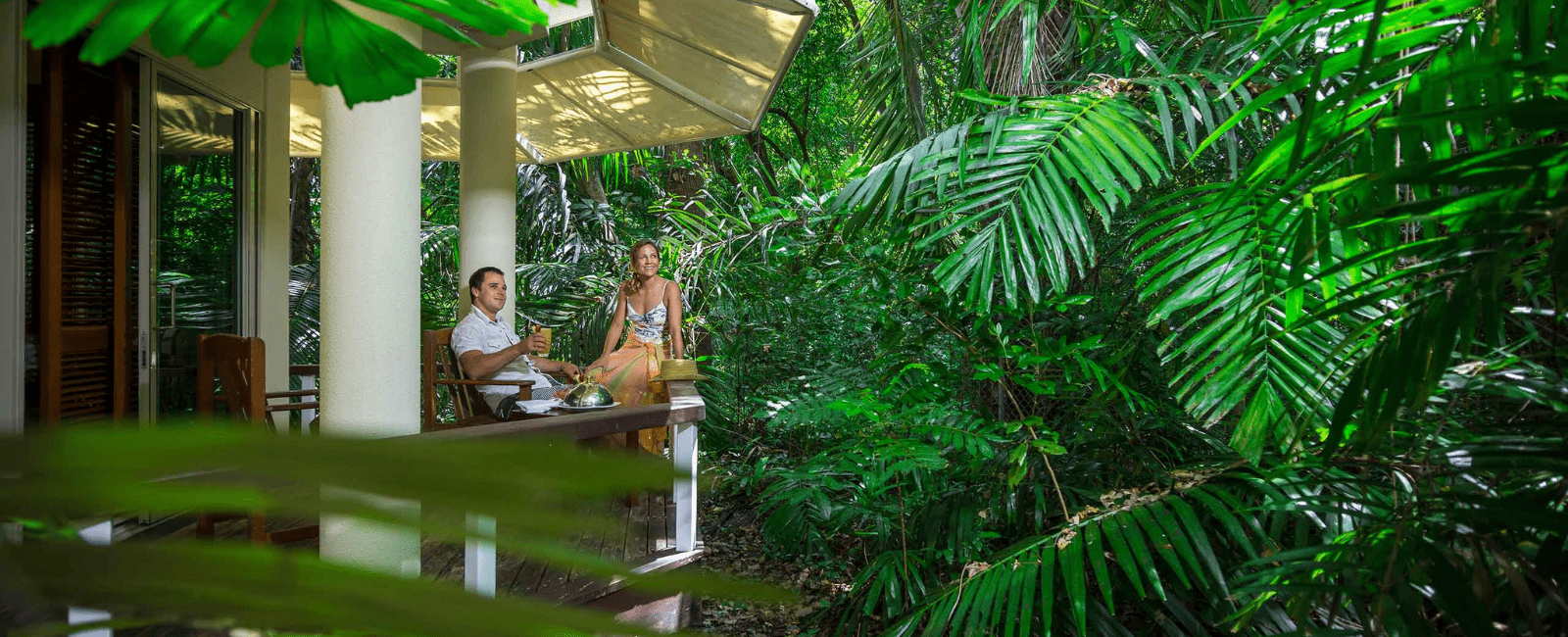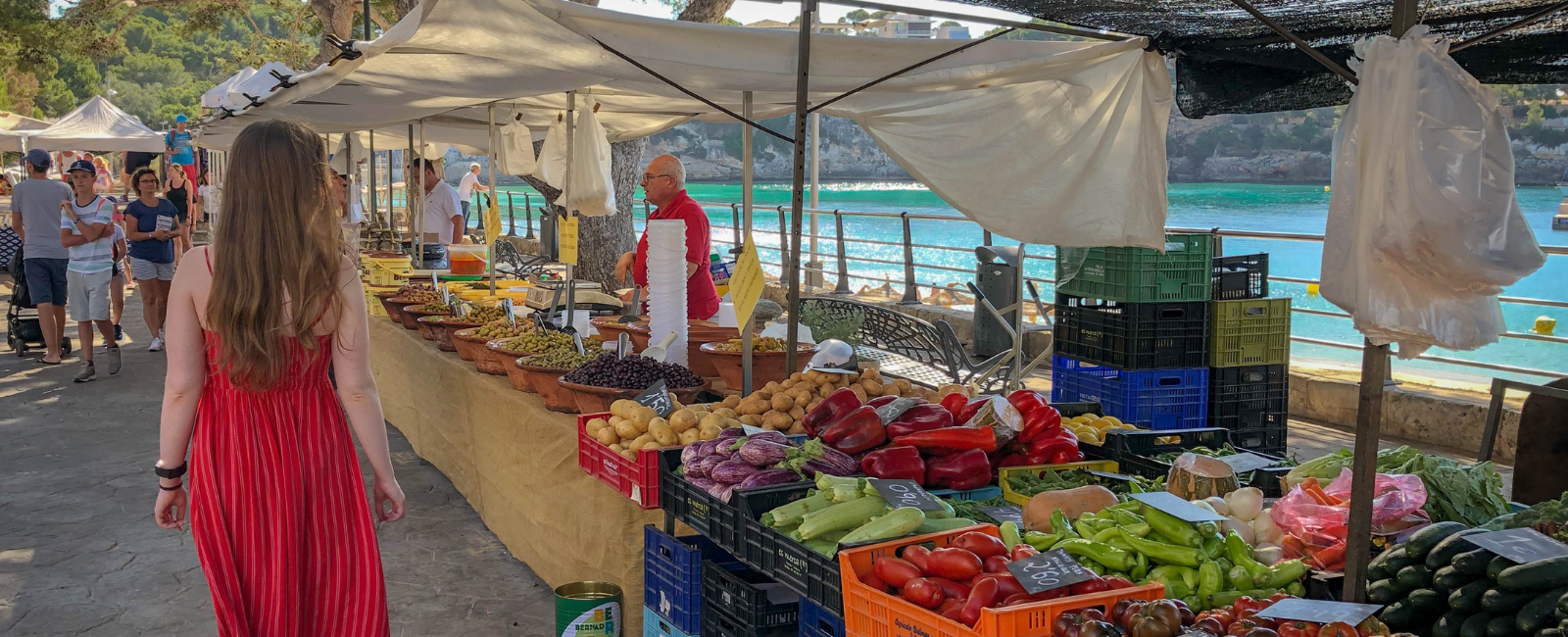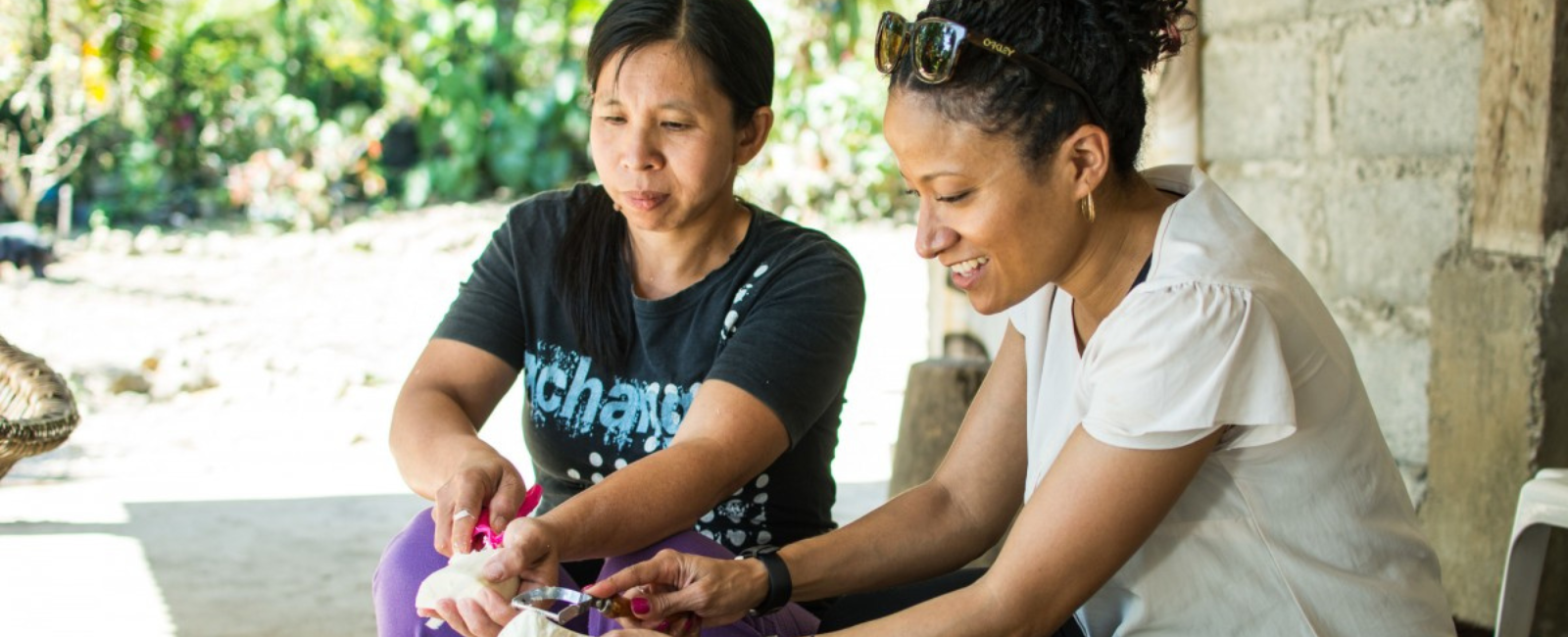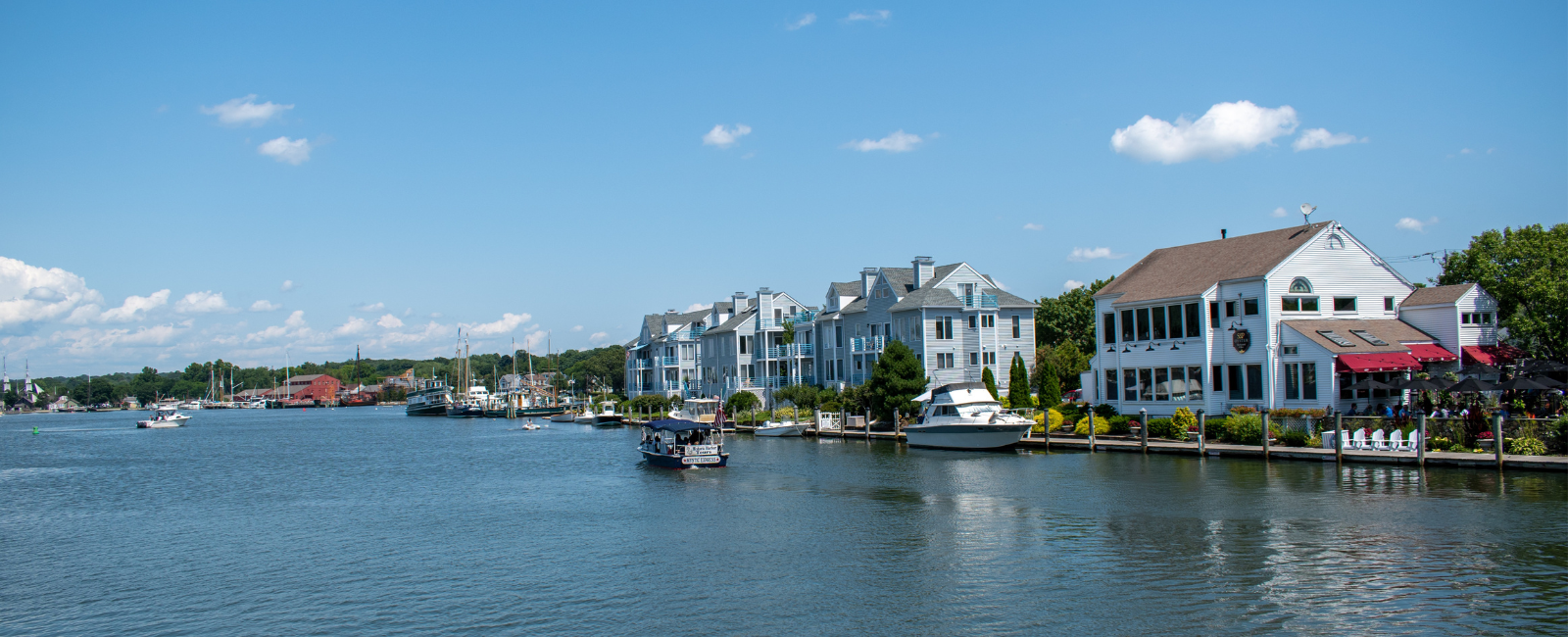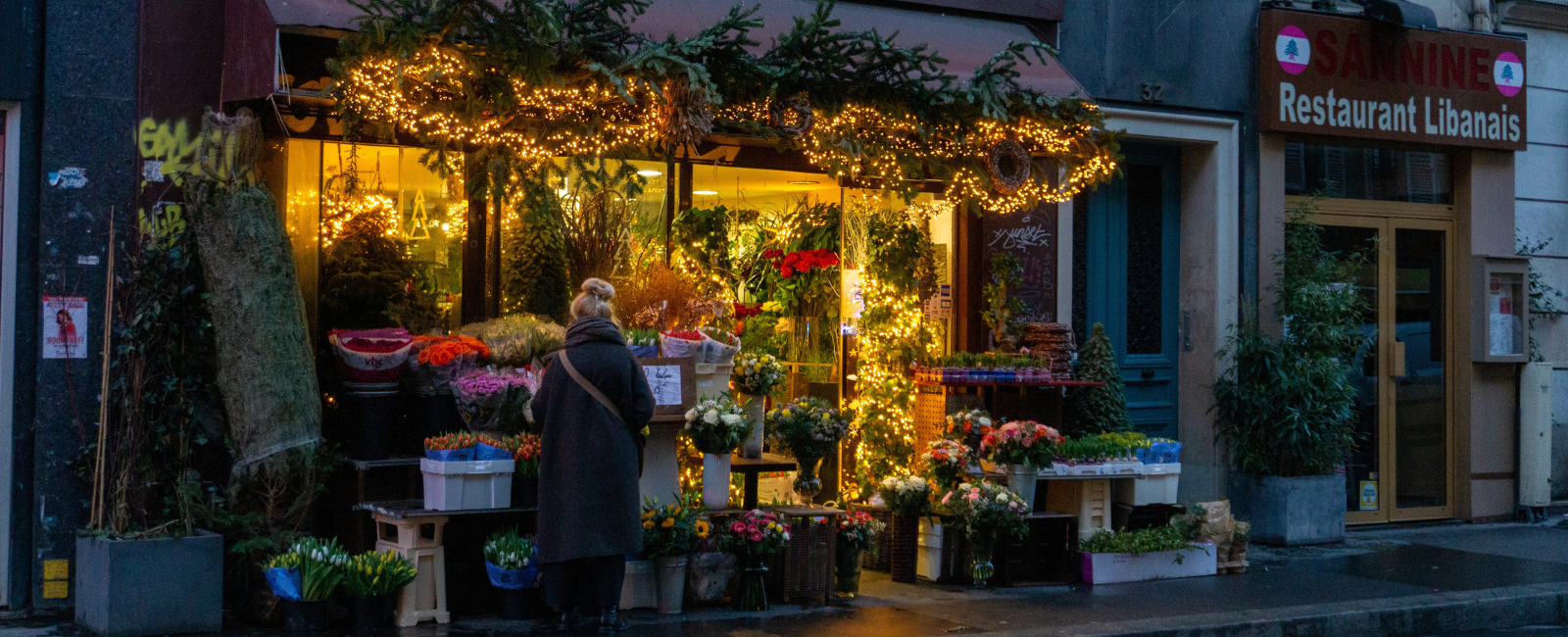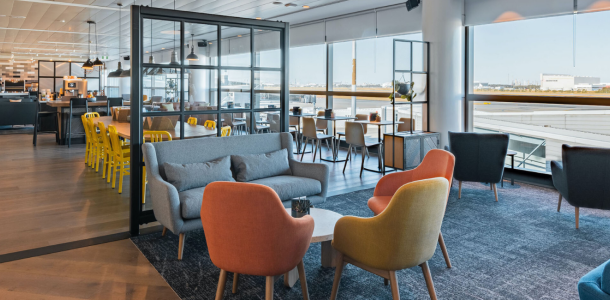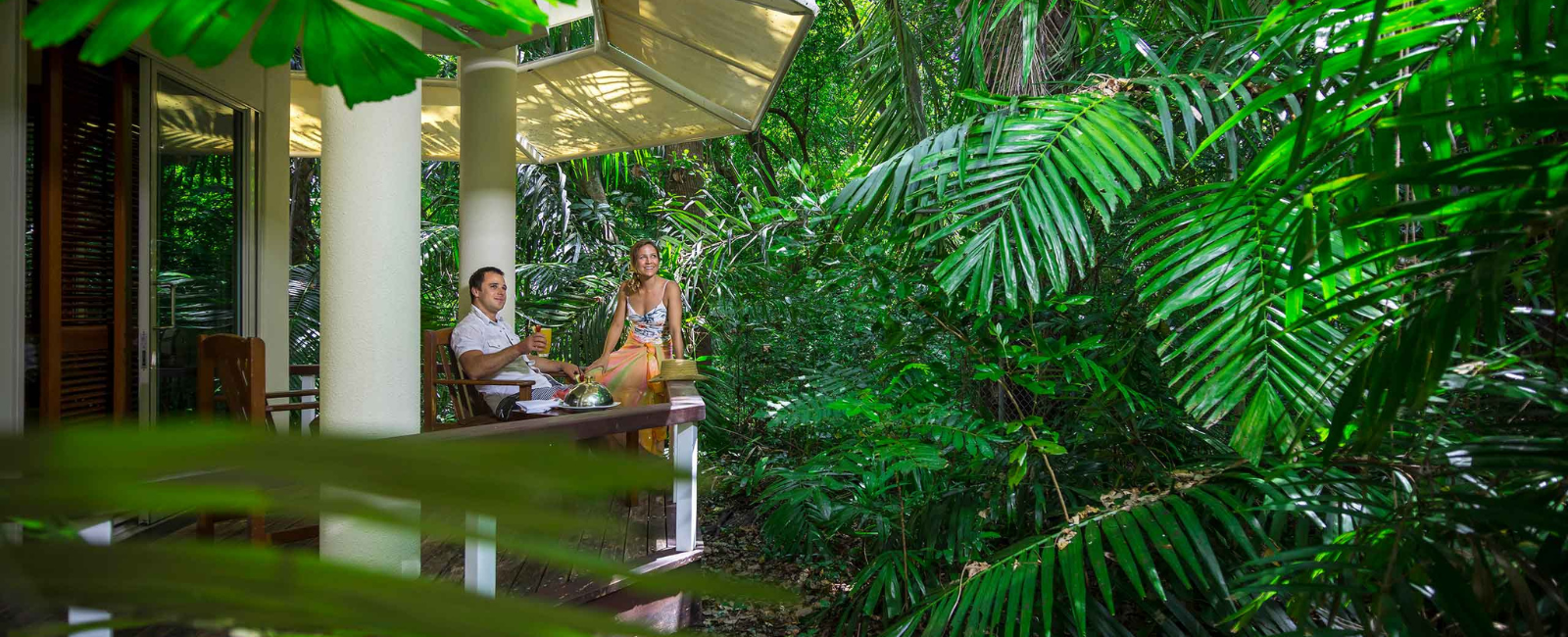
Calling all conscious travellers.
If you’re looking for ways to travel with purpose by fostering environmental understanding and benefitting local communities, read on.
The spotlight is well and truly on conscious travel with more than 70% of travellers aiming to travel more sustainably in the coming year. Travelling ethically involves more than just conserving water and energy. There are many ways to organise an eco-guilt-free getaway, that not only benefits the environment and communities, but also the traveller.
To help you plan, here are nine ways to step up your conscious traveller game on your next holiday.
1. Find an eco-tourism operator
Not sure where to start in the world of eco-travel? Team up with an eco-operator to find your eco-travel match. Feel free to ask them questions about how tour companies support the region’s economy, employ locals, and minimise their impact on the environment.
Whether you’re planning a domestic or international trip, organisations like Ecotourism Australia, B Corp, and Earth Check make choosing eco-friendly accommodation a breeze. They take the guesswork out of travel planning by providing comprehensive lists of certified operators, guaranteeing that you’ll find eco-tourism businesses operating with strong and well-managed commitments to sustainable practices.
2. Choose eco-conscious accommodation
Before you jump onto an online travel agent and hastily book the first hotel that pops up in your search results, you’ll need to know what you’re looking for.
When it comes to environmentally-friendly accommodation, there are various terms like eco, green, and sustainable that get thrown around, each indicating different approaches to combatting sustainability.
Whether it’s a LEED-certified hotel striving to minimise its carbon footprint, or an establishment actively involved in preserving the surrounding environment, it’s crucial to dig into the details and read the fine print to understand how the accommodation is making a positive impact on the environment.
3. Rethink how you travel in and around new destinations
Before you embark on your eco-adventure, consider transport – not only around the towns, cities, and countryside, but to them.
If you are flying in and out of locations, a nifty approach to lessening the impact of air travel is carbon offsetting your flights. Basically, you pay a small amount to make up for the carbon footprint of your journey as a way of lessening environmental damage as you travel. Did you know if you park at Brisbane Airport you can offset your parking?
Once landed, there are so many ways to explore while still limiting your carbon footprint. Move aside cars, buses, trains, and ridesharing - it’s time to think differently about how to explore a new destination.
Imagine this: you tie up your laces, throw on a helmet, and grab those handlebars like a pro as you become a tourist on two wheels. Not into cycling? That’s totally fine! You can still enjoy the sights by taking a leisurely stroll around popular tourist spots. Who knows, you might even discover an unforgettable restaurant or store on foot that you may never have seen from a car.
If you’re visiting a bustling city like New York, Barcelona, or London, there will be times when you need some help getting around. While you can’t avoid transport options altogether, keep in mind when booking accommodation to aim for a central location and ensure most of the must-do activities are within walking or cycling distance.
If you’re on the hunt for a destination focused on pedal power, may we introduce you to Amsterdam?
4. Give back to local operators
Travelling to Machu Pichu or another location that draws thousands (or millions) of visitors each year to marvel at their local attractions?
As a sustainable traveller, you can give back to the local community in many meaningful ways from buying handmade textiles or gifts (hello family Christmas presents), to dining at smaller restaurants, or hiring a local guide.
Just remember, while buying locally you inject funds back into the community which ensure the gifts are thoughtful presents, not touristy souvenirs likely to end up in landfill.
When it’s time to chow down, instead of hitting up the same old chain restaurant, why not venture into neighbourhood haunts? Experience the ingredients and flavours of the region by supporting local businesses and artisans instead of opting for bigger companies.
5. Do as the locals do
Swap your tourist hat for a local one and immerse yourself in the culture and communities of each new location. Embrace local life by enrolling in language classes or joining cooking groups to learn how to prepare traditional dishes and gain experiences you can recreate for loved ones at home.
While it’s easy to fall into tourist trap activities, there’s plenty of ways to experience your destination through a local lens. Engage with communities by visiting local markets, attending cultural festivals, and supporting neighbourhood establishments such as cafes and restaurants.
Looking for a getaway focused on immersing yourself in local cuisine? Check out this guide of top foodie getaways.
6. Have a purpose-focused holiday
Conscious travel decisions don’t have to be limited to where you stay, what you do and how you do it; it can be the primary purpose of your holiday.
Consider making your holiday a purposeful endeavour by engaging in meaningful projects. Whether it’s contributing to the construction of sustainable housing in India, volunteering at a wildlife sanctuary in Borneo, or exploring permaculture garden initiatives in Timor, find your passion project and holiday with heart.
Spend a few days (or weeks) with a local community and learn how remote locations and cultures are adapting to sustainable ways of living. Learn firsthand how different communities preserve the environment, support sustainable practices, and contribute to creating harmonious coexistence between humans and nature.
By prioritising conscious travel, you can transform your holiday into purpose-driven experiences that leave lasting impact on both you and the places you visit. If voluntourism sounds like your perfect conscious travel match, read more here.
7. Leave nothing but footprints
The Maldives reported travellers left behind 3.5kg of waste per day, threatening the tropical eco-system of the small nearby islands.
Repeat after us: “Take only memories, leave only footprints.” Make this your holiday mantra to ensure your conscious holiday remains environmentally-friendly from start to finish.
Reduce, refuse, re-use, recycle – the same principles you follow at home should always apply to your travels.
Strive to reduce your environmental footprint by making conscious choices. Pack light to minimise waste and excessive consumption.
Refuse single-use items that contribute to pollution and waste. Say no to plastic bags, straws, and disposable products.
Embrace the practice of reusing. Carry a refillable coffee cup for your morning brews, use eco-friendly toiletries and cosmetics, and bring reusable containers for leftovers.
Lastly, be diligent about recycling. Familiarise yourself with the local recycling guidelines of your destination and make an effort to properly dispose of recyclable materials.
8. Choose smaller destinations over bigger cities
Swap your hotel room for a night in a local village and ditch high rise buildings and skyscrapers for smaller cities, towns, and provinces off the beaten track to spread the tourism-love.
Ease into this approach by opting to stay in the quieter neighbourhoods on the outskirts of the big cities, like swapping Manhattan for Brooklyn, before giving the Big Apple a miss altogether and exploring lesser-visited places like Connecticut, Massachusetts, or New Jersey.
These lesser-known destinations offer their own distinctive attractions, from rolling hills to historical landmarks, providing a fresh perspective on the region.
9. Travel off-peak
As social media fuels an explosion in global travel, it has become more important than ever to find ways to help small businesses maintain stable incomes year-round to provide for peak periods.
Not only does off-peak offer the advantage of discounted or cheaper travel (for more tips on finding cheap flights, swing over here), it’s also the perfect opportunity to support small business during their off-season and provide a consistent income to businesses throughout the year.
Celebrate affordable travel and reduced crowds while your travel choices empower local communities and uplift their tourism economy. You win. They win.
CREDITS

